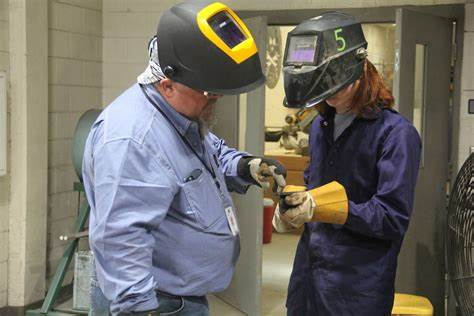Class Highlights!
It was great connecting with different people and seeing different perspectives. All the different ways of collecting information, understanding the world, and understanding how Web 2.0 can connect us. I enjoyed making the Voice Thread, creating a forum, analyzing how we build communities online, and gaining a snapshot of all the tools we can use in our professional and personal lives. The divide between digital natives and newcomers also fascinates me, as we head into several generations with a digital default. The difference in how we approach our online interactions and communities is already apparent. Learning more about productive and meaningful ways to engage with social media was also a game changer that I'm using to build my PLN and have more meaningful online experiences. Have a great final few weeks of summer everyone!

